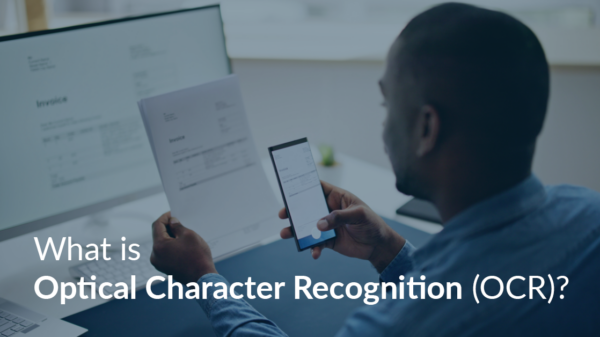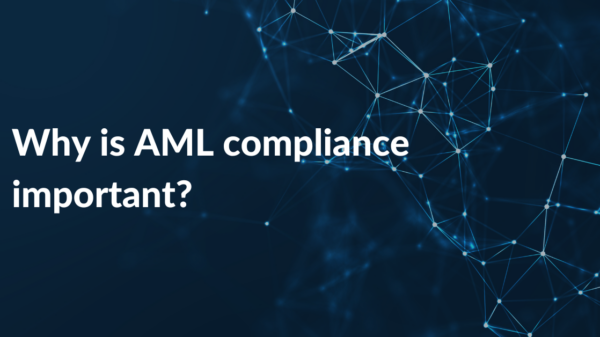Two primary data protection and financial regulation regulations are the Protection of Personal Information Act (POPIA) and the Financial Intelligence Centre Act (FICA). They are instrumental in ensuring individuals’ privacy and maintaining the authenticity of financial transactions. Nevertheless, comprehending the intersection and complementarity between these regulations is critical for businesses and individuals.
POPIA: Safeguarding Personal Information
South Africa’s comprehensive data protection legislation, the Protection of Personal Information Act (POPIA), aims to safeguard individuals’ personal information by promoting responsible data handling. POPIA outlines principles and requirements that entities must follow when processing personal information.
POPIA requires entities to obtain consent before collecting personal data, ensure the security of this data, and only use it for lawful purposes. Conversely, individuals have the right to access and correct their personal information held by organisations.
FICA: Combating Financial Crime
The Financial Intelligence Centre Act (FICA) aims to combat money laundering and financing terrorist activities. It imposes obligations on various entities, including banks, financial institutions, and designated non-financial businesses and professions (DNFBPs), to implement measures for customer due diligence, record-keeping, and reporting suspicious transactions.
FICA requires entities to verify the identity of their customers, monitor transactions for unusual patterns, and report any suspicious activities to the relevant authorities. By imposing these obligations, FICA aims to protect the financial system’s integrity and prevent illicit activities.
Interplay Between POPIA and FICA
Although POPIA and FICA address different aspects of data protection and financial regulation, these laws intersect in some areas. This means that organisations must navigate a complex regulatory landscape. Some of these aspects include:
- Data Protection in Financial Transactions: Organisations must ensure compliance with POPIA and FICA in all financial transactions. This means safeguarding customers’ personal information while fulfilling FICA’s requirements for customer due diligence.
- Risk Management and Compliance: Effective risk management and compliance strategies require aligning processes to meet the requirements of both POPIA and FICA. Organisations must assess and mitigate data breaches, financial crimes, and regulatory non-compliance risks.
- Enhanced Due Diligence: Organisations can improve compliance with both laws by obtaining explicit consent and providing clear information about data processing practices. POPIA’s emphasis on consent and transparency complements FICA’s requirements for customer due diligence.
- Reporting Obligations: Organisations subject to FICA must ensure their reporting mechanisms comply with POPIA. This means handling and disclosing personal information in accordance with data protection principles while fulfilling FICA’s reporting obligations.
Conclusion
Navigating the interplay between POPIA and FICA requires a nuanced understanding of both laws and their implications for data protection and financial regulation. By aligning processes, enhancing due diligence practices, and prioritising compliance, organisations can effectively navigate these legal crossroads and uphold the principles of privacy and financial integrity.
Staying up to date with POPIA and FICA is essential for maintaining compliance and fostering trust in handling personal information and financial transactions as the regulatory landscape evolves and enforcement mechanisms strengthen. By doing so, organisations can mitigate risks, build customer confidence, and contribute to a secure and transparent operating environment.
Whether you’re a business owner, compliance officer, or individual consumer, understanding the interplay between POPIA and FICA is essential for safeguarding personal information and promoting financial transparency. By embracing a proactive approach to compliance and leveraging best practices, stakeholders can navigate these legal crossroads with confidence and integrity.
Be sure to read our product update blogs to stay current with legislative changes that will impact your business financially.






























